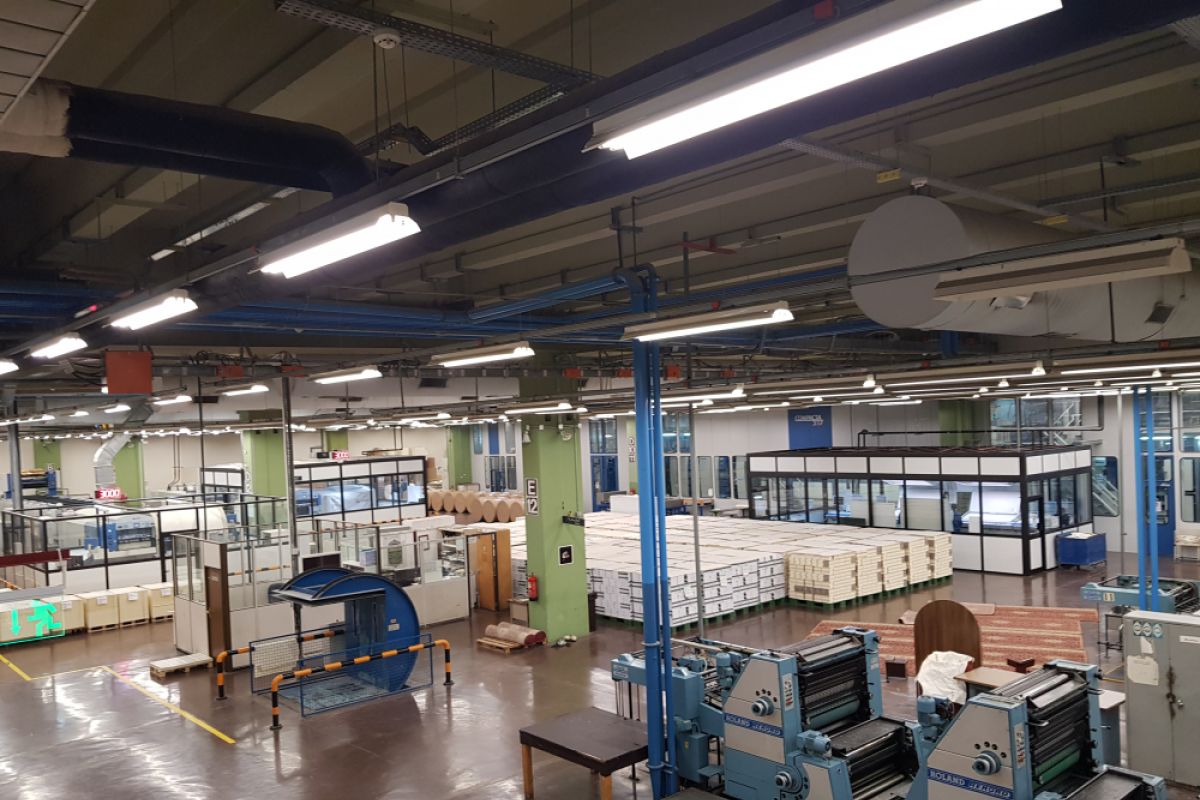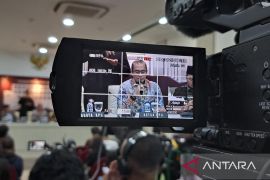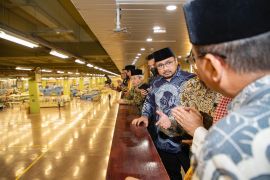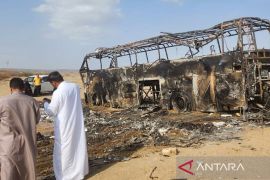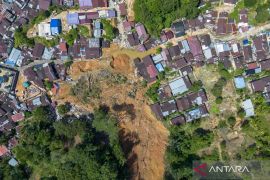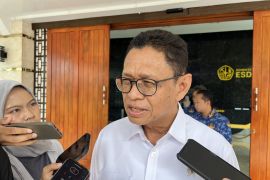"Here, we print 12 million copies of Al-Quran, and the number is expected to increase to up to 18 million copies next year".Medina, Saudi Arabia (ANTARA News) - Al-Quran printing company, King Fahad, belonging to the Saudi government in Medina, produces copies of the Holy Book in Arabic, with translations in 76 languages, including the Indonesian language Bahasa Indonesia.
"Here, we print 12 million copies of Al-Quran, and the number is expected to increase to up to 18 million copies next year," the company`s Public Relation Manager of King Fahad Complex for Printing the Holy Quran, Saleh Al-Husein told foreign journalists here on Monday.
He added that since its inception 35 years ago, the company has produced 300 million copies of Al-Quran and distributed to different countries in the world.
"We have sent nine million copies of Al-Quran for free and another nine million for sale," Saleh noted, adding that the printing company was established by the Kingdom of Saudi Arabia for all Muslims in the world.
In addition to printing Al-Quran in the form of book, the company also produces the Holy Book in the digital version through smart phone application, he revealed.
With the digital technology, Muslims not only read Al-Quran and its translation based on their respective mother tongues but also listen to the voice of the reading of Al-Quran, he added.
Saleh further remarked that there are five stages that should be taken before Al-Quran is printed in a big numbers.
"First, we make draft copies of Al-Quran, which are written in Arabic without punctuation marks, or similar to the first Al-Quran in the era of Caliphate Usman bin Affan," Saleh stated.
The draft is printed piece by piece for checking by a team of people who work on possible mistakes of characters and make reports to another team responsible for making corrections.
The second step involves printing the draft with dots to differentiate Arabic characters from the others, before being examined both manually and electronically by a special team, Saleh explained.
The third step involves printing the draft with punctuation marks, and the fourth involves printing the draft with marks showing readers where they must stop and start reading in accordance with the right method.
The fifth measure is making draft copies of Al-Quran by giving numbers of verses and sections (that totals 30 in Al-Quran).
After passing those stages, the company will print five thousand copies of Al-Quran and send them to ulemas for further examination and seek their opinions before printing the copies of the Holy Book in big numbers, Saleh elaborated.
According to him, all the employees work under an oath to avoid intentional mistakes and keep the printing process running well.
Reporter: Libertina W. Ambari
Editor: Bambang Purwanto
Copyright © ANTARA 2018
